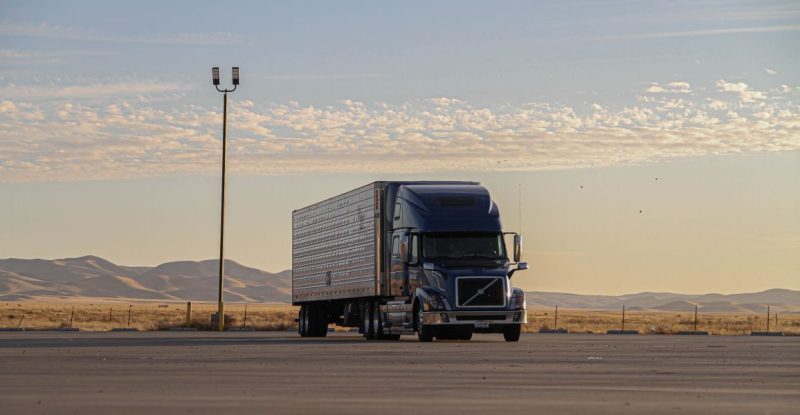The Most Common Challenges in the Freight and Transportation Industry

Categories :
The freight and transportation sector is a vital global player, facilitating the global movement of goods and people. Despite its rapid growth and the projected value of $11.1 trillion by 2030, it wrestles with numerous challenges that can profoundly impact its operational efficiency and effectiveness.
This article will delve into the prevailing challenges experienced in the freight and transportation sector, covering a broad spectrum of issues, including logistics, regulatory adherence, technological advancements, and environmental concerns.
Freight and Fleet Management
Fleet and freight management represent critical aspects of the transportation industry, and they come with their own set of challenges. Effective freight and fleet management requires meticulous planning, coordination, and optimization of resources, including vehicles and drivers.
Some of the primary difficulties in this area are optimizing routes to minimize transportation costs, reducing fuel consumption, and enhancing overall efficiency. Fleet managers must grapple with the complexities of route planning, considering factors such as traffic conditions, delivery schedules, and vehicle capacities, to ensure timely deliveries and cost-effective operations.
Moreover, the maintenance and management of a vehicle fleet present a substantial challenge, encompassing routine upkeep, repairs, and adherence to regulations. These costs can significantly affect a company's financial performance and overall efficiency. Furthermore, the monitoring of vehicle performance, driver conduct, and safety compliance introduces intricacies to fleet management, necessitating continual endeavors to improve efficiency and safety within the transportation sector.
Infrastructure and Congestion
An urgent challenge within the freight and transportation sector relates to infrastructure and congestion. Outdated and insufficient infrastructure can result in delays, higher maintenance expenses, and an elevated accident risk. Roads, bridges, ports, and rail systems require ongoing updates and expansions to meet the rising demand for transportation services.
Moreover, urban congestion in major cities is a significant concern. Traffic congestion not only results in delays but also amplifies fuel consumption and air pollution. The strain on existing infrastructure and congestion problems is a constant battle for the industry, which relies on the authorities’ substantial investments in modernization and expansion.
Regulatory Compliance and Safety
The freight and transportation sector is subject to a multitude of regulations designed to ensure safety, environmental stewardship, and fair competition. Adhering to these regulations is imperative but often cumbersome. Transportation companies must navigate an intricate framework of rules covering aspects like hours of service, vehicle emissions, cargo security, and weight restrictions. Non-compliance can lead to substantial fines, harm a company's reputation, and even result in legal consequences.
Furthermore, safety is a paramount concern within the industry. The transportation of goods and passengers must be executed with the utmost diligence to avert accidents and safeguard lives. Accidents can be triggered by factors such as driver fatigue, vehicle maintenance issues, or inadequate training. To mitigate these risks, companies must allocate resources to safety measures, training, and maintenance.









